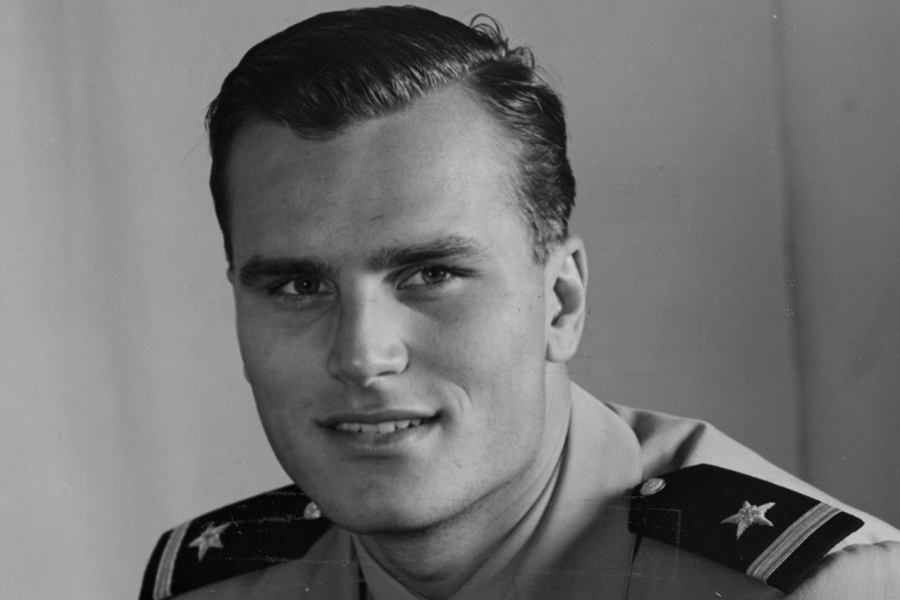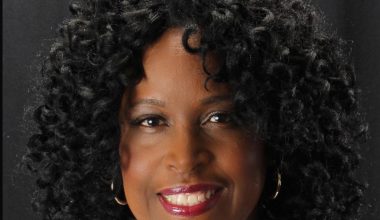Basic Information
| Field | Details |
|---|---|
| Full name | John Brendan “Jack” Kelly Jr. |
| Also known as | Jack; “Kell” |
| Born | May 24, 1927, Philadelphia, Pennsylvania |
| Died | March 2, 1985, Philadelphia, Pennsylvania (age 57) |
| Parents | John B. Kelly Sr.; Margaret Katherine Majer Kelly |
| Siblings | Margaret “Peggy” Kelly; Grace Kelly (Princess of Monaco); Elizabeth “Lizanne” Kelly |
| Spouses | Mary Gray Freeman (m. 1954; div. 1980); Sandra Lee Worley (m. May 28, 1981) |
| Children | Six children, including John B. Kelly III; Susan Kelly vonMedicus; Elizabeth “Liz” Kelly |
| Occupations | Champion rower; businessman; Philadelphia City Councilman (at-large, 1967–1979); sports executive |
| Notable sporting honors | Diamond Sculls winner (1947, 1949); James E. Sullivan Award (1947); Olympic bronze (1956, single sculls) |
| Sports leadership | Manager, U.S. men’s eight (gold, Tokyo 1964); President, AAU; President-elect, USOC (Feb 1985) |
| Hall of Fame | U.S. Olympic & Paralympic Hall of Fame |
Early Life and Family Roots
Jack Kelly Jr. was born into a Philadelphia household where grit met grace. His father, John B. Kelly Sr., built a multimillion-dollar bricklaying and construction enterprise and, with it, a legend—three Olympic rowing gold medals and a reputation as a civic force. His mother, Margaret Majer Kelly, was a pioneer in women’s athletics and physical education, instilling in her children a daily discipline that felt as natural as breathing.
The Kelly home brimmed with ambition. Margaret “Peggy,” Elizabeth “Lizanne,” and the youngest, Grace—future Oscar-winning actress and Princess of Monaco—rounded out a quartet of siblings who would each step into public life. The Schuylkill River was Jack’s second address; its boathouses his classrooms; the rhythm of the oar his catechism. Growing up in this nexus of sport, culture, and public service, he learned to move between worlds with the balance of a sculler finding his line.
Ascending the River: Athletic Brilliance
By his early 20s, Kelly’s wake was unmistakable. In 1947, he captured the coveted Diamond Sculls at Henley and was named the nation’s top amateur athlete with the James E. Sullivan Award. He would add a second Diamond Sculls title in 1949, becoming one of the few Americans of his era to tame Henley’s storied course twice.
Olympic waters called four times: London 1948, Helsinki 1952, Melbourne 1956, and Rome 1960. The medal came in Melbourne—a bronze in the single sculls—after years of national titles and international tests. Kelly rowed with a long, controlled stroke that suggested patience and power, as if each catch were the deliberate note of a cellist and each release a quiet exhalation of intent. The 1950s etched him among the greats of American sculling, heir to his father’s legacy yet carving out his own.
From Boathouse to City Hall: Business and Public Service
When he wasn’t in a shell, Kelly managed weightier craft: the family’s construction firm, John B. Kelly, Inc. The company’s work shaped the Philadelphia skyline as much as the Kelly name shaped its civic conscience. He served as a director of Lincoln National Bank, a signal of his standing in the city’s business corridors.
In 1967, he won an at-large seat on the Philadelphia City Council. For 12 years—through 1979—Kelly navigated budgets, neighborhood issues, and big-ticket civic ideas, from Bicentennial-era projects to ambitions for world’s-fair-scale events. He carried into politics the rower’s stubborn grace: set a pace, hold the line, finish strong.
Steward of Sport: The Administrator and Builder
Kelly’s second act in sport was as influential as his first. He managed the U.S. men’s eight that thundered to gold in Tokyo in 1964, a triumph of planning and poise. He later led the Amateur Athletic Union and, in February 1985, was elected president of the United States Olympic Committee. It was a crowning vote of confidence in a man who believed that good governance—like good rowing—required rhythm, trust, and timing.
He died suddenly three weeks later, on March 2, 1985, at age 57. The loss was a shock, but the imprints of his leadership remained: athletes supported, programs strengthened, a national vision reaffirmed. His induction into the U.S. Olympic & Paralympic Hall of Fame stands as a coda worthy of his journey.
The Kelly Family, Then and Now
Kelly’s family story arcs across oceans and decades. His father’s triumphs and business success established a platform from which all four siblings leapt. His sister Grace, who married Prince Rainier III, transformed from Hollywood star to Princess of Monaco, carrying the Kelly ethos of duty into a different kind of public life.
In 1954, Jack married Mary Gray Freeman, herself an accomplished swimmer. The couple had six children, including John B. Kelly III; Susan Kelly vonMedicus, an artist and teacher; and Elizabeth “Liz” Kelly. After their divorce in 1980, Kelly married Sandra Lee Worley, a banker, on May 28, 1981; they remained together until his death.
The Kellys remain a visible clan in sport and culture. Family members continue to surface at regattas and Olympic rowing venues, reinforcing a bond to the water that spans generations. In Philadelphia, the family home—later purchased by Prince Albert II in the mid-2010s—functions as a living archive and gathering place, stitching together threads of American and Monégasque history. The river still whispers their name; the city still answers.
Selected Athletic Timeline
| Year | Event | Result/Role |
|---|---|---|
| 1947 | Diamond Sculls, Henley | Champion |
| 1947 | James E. Sullivan Award | Recipient (Top U.S. amateur athlete) |
| 1948 | Olympic Games, London | Competitor, single sculls |
| 1949 | Diamond Sculls, Henley | Champion |
| 1952 | Olympic Games, Helsinki | Competitor, single sculls |
| 1956 | Olympic Games, Melbourne | Bronze medal, single sculls |
| 1960 | Olympic Games, Rome | Competitor, single sculls |
| 1964 | Olympic Games, Tokyo | Manager, U.S. men’s eight (gold) |
| 1985 | United States Olympic Committee | Elected President (Feb 1985) |
Public Service Snapshot
| Years | Role | Notes |
|---|---|---|
| 1967–1979 | Philadelphia City Councilman (at-large) | 12-year tenure; civic and cultural projects |
| 1980s | Sports Administration | President, AAU; President-elect, USOC (1985) |
FAQ
How many Olympics did Jack Kelly Jr. compete in?
He competed in four Olympic Games: 1948, 1952, 1956, and 1960.
Did he win an Olympic medal?
Yes, he won bronze in the single sculls at the 1956 Melbourne Olympics.
What were his biggest rowing achievements outside the Olympics?
He won the Diamond Sculls at Henley twice (1947 and 1949) and received the James E. Sullivan Award in 1947.
What roles did he hold in sports administration?
He managed the 1964 U.S. men’s eight to Olympic gold, led the AAU, and was elected USOC President in February 1985.
What public office did he hold in Philadelphia?
He served as an at-large City Councilman from 1967 to 1979.
Who were his parents and siblings?
His parents were John B. Kelly Sr. and Margaret Majer Kelly; his siblings were Peggy, Grace (Princess of Monaco), and Lizanne.
Who were his spouses and how many children did he have?
He married Mary Gray Freeman in 1954 (divorced 1980) and Sandra Lee Worley in 1981; he had six children.
How is he connected to Monaco’s royal family?
His sister, Grace Kelly, married Prince Rainier III; Jack Jr. was the uncle of Prince Albert II.
When did he die and at what age?
He died on March 2, 1985, in Philadelphia at age 57.



